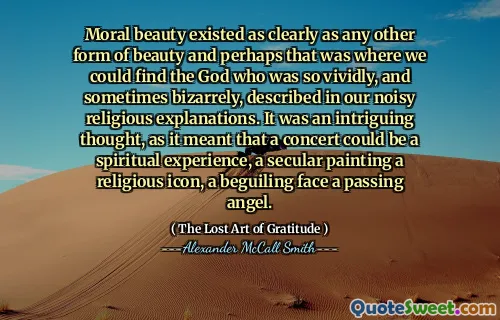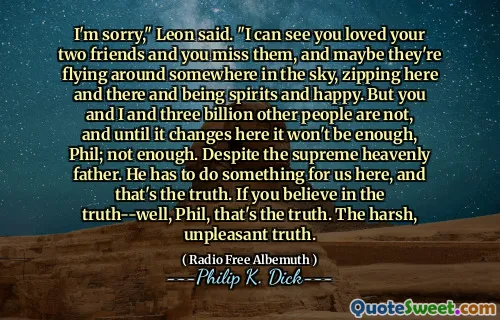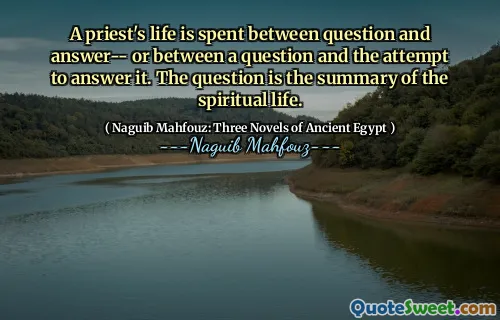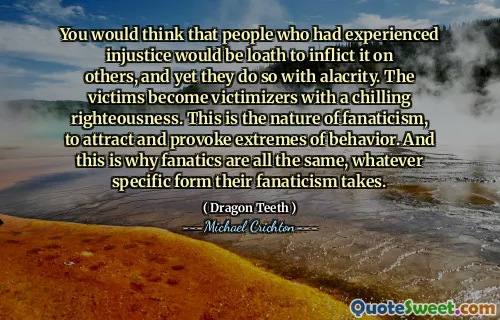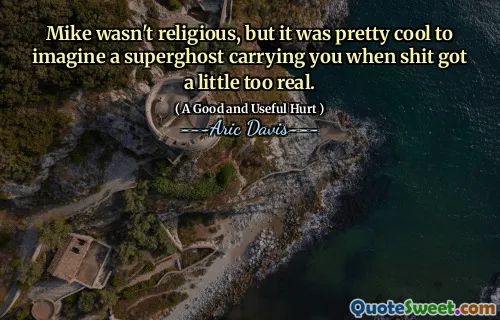Objects that don't exist don't exist. If we were to imagine such a thing as an object that didn't exist, it would be that thing that God hated. This is the strongest argument against the nonbeliever. If God didn't exist, he would have to hate himself, and that is obviously nonsense.
The quote suggests that the concept of nonexistence cannot truly be imagined or discussed meaningfully, especially when linked to the divine. The idea is that for an object or concept to be imagined as non-existent would paradoxically imply a contradiction regarding God's nature. If God were to exist as an entity, he must embody existence, making the notion of a non-existent object troublesome in relation to his essence.
This argument illustrates a philosophical challenge for those who might not believe in God. It proposes that denying God's existence leads to self-refuting conclusions, as it suggests a scenario where God would need to contemplate something that contradicts his own nature. Foer's exploration highlights the complexity of belief and the intricacies involved in discussing existence, particularly in a theological context.
